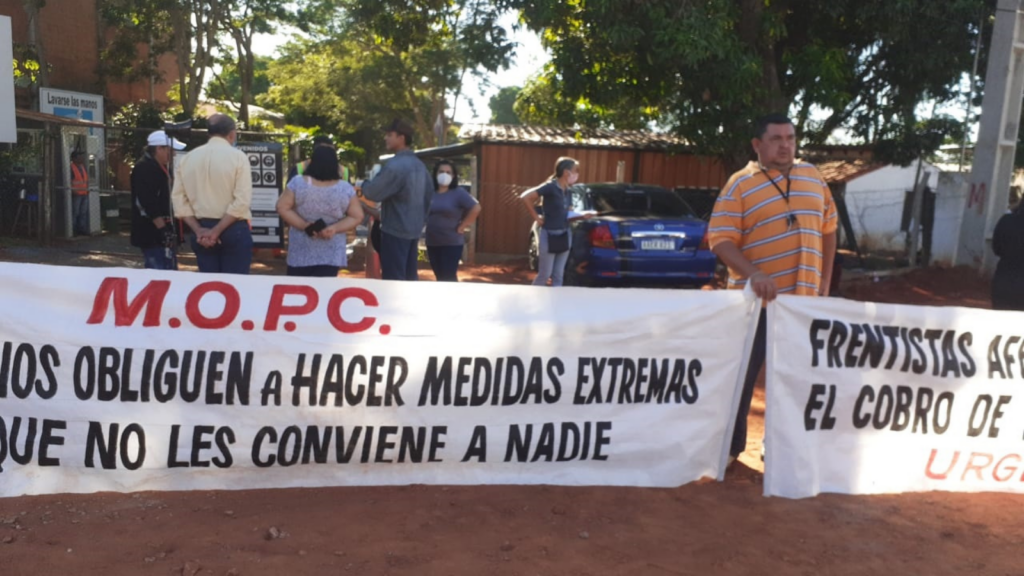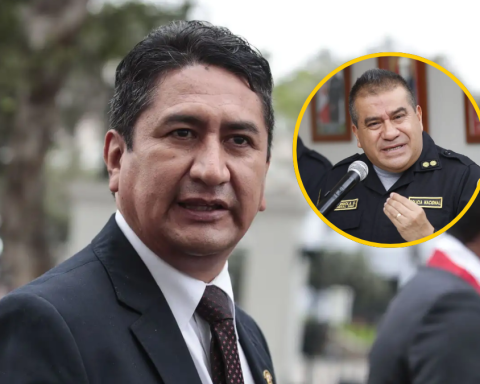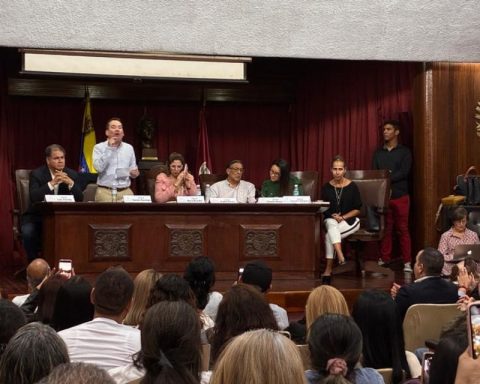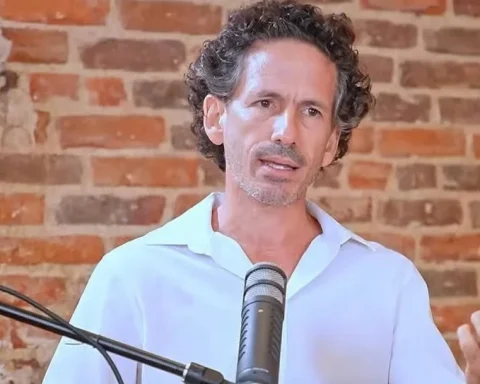P
akistan has been forced by the World Bank and Barrick Gold to grant a mining permit against their sovereign will. Mexico alert! In 2019, a tribunal (read three private judges behind closed doors) of the World Bank’s International Center for Settlement of Investment Disputes (ICSID) ordered Pakistan to make up for
to the Australian mining company Tethyan Copper Company – a subsidiary of the Canadian giant Barrick Gold – with 6 billion dollars (mdd). That astronomical amount would put the Asian country into bankruptcy. The ICSID ruling found that Pakistan breached the rules of its Bilateral Investment Treaty (BIT) with Australia and failed to give Tethyan a fair and equitable treatment
. Furthermore, the refusal to grant a license for the Reko Diq gold-copper project constituted a indirect expropriation
. The mining permit had been declared invalid by the Supreme Court of Pakistan for violating the country’s mining and contract laws. Given this, ICSID speculatively decided that the expected earnings of Tethyan were to be compensated by the Pakistani exchequer. The amount was vastly greater (about 40 times) than the original investment of the mining company, of only 150 million dollars (https://bit.ly/36KwmLe).
Pakistan went to great lengths to get the ruling overturned, as $6bn represented about 2 per cent of its GDP or 40 per cent of its liquid foreign exchange reserves. In his defense, he urged international tribunals to consider the impacts of their decisions on efforts to alleviate poverty. But the US District Court, charged with enforcing the ICSID ruling, ruled that Pakistan I was delusional
(a figurative translation of “ wishful thinking”) of an annulment.
The most unfair thing is that the ruling against Pakistan came immediately after the approval of an IMF loan for 6 billion dollars – that is, the same amount as the ICSID ruling. In addition, the conditions forced the government of Imran Khan to impose strong austerity measures on public spending. Pakistan had no choice but to give in to such a concerted attack by financial institutions and international courts, and the second largest gold mining company in the world, for its financial subsistence. On March 20, Barrick Gold announced (https://bit.ly/3iurT21) who had reached a arrangement
with Pakistan and that the Reki Diq mining project in Baluchistan province would be reconstituted. What better example of the freezing effect ( chilling effect) that international investment treaties have towards responsible policies and regulations with the public interest and the environment!
Mexico should pay special attention to this case due to the lawsuit brought against it by the US mining company Odyssey Marine Exploration. The amount demanded is also astronomical (3 thousand 540 million dollars). The lawsuit was filed with the ICSID in 2019, under NAFTA, for the denial of a license for the extraction of phosphate (used for fertilizers) from the marine subsoil of the Gulf of Ulloa, in Baja California Sur. The license was denied due to the strong opposition of the Cooperative Society for Fishing Production of Puerto Chale, whose subsistence depends on the marine spaces in which Odyssey intends to dredge.
As the recent report A Sea of Problems: Seabed Mining and International Arbitration in Mexico
by Jen Moore of IPS and Ellen Moore of Earthworks (https://bit.ly/3qBjFJX), in addition to the impact on fishing, in these waters marine life abounds, from gray whales to lobsters
. This report describes (as I commented in the article From coast to coast, facing miners
, the day 2/14/22) how the cooperative and the Center for International Environmental Law (CIEL) submitted to the ICSID tribunal a amicus curiae with their concerns and testimonies about potential environmental impacts and effects on livelihoods of the Odyssey project. It was also shown that Semarnat’s decision not to grant an exploitation permit was in accordance with the precautionary principle recognized in national and international law.
But the ICSID tribunal rejected the amicus curiae! (https://bit.ly/3umy8dL). According to the IPS and Earthworks report –as has been the case in this arbitration system designed to favor transnational companies–, the court refused to receive their request. The majority of the panel, made up of highly paid pro-business lawyers, essentially states that the cooperative’s contribution is not relevant
. However, one of the three arbitrators expressed a dissenting opinion, arguing that not only should the cooperative be heard, but that failure to admit its concerns highlights the shortcomings of the arbitration system, with potentially far-reaching impacts on the policies of environmental protection in Mexico
.
Let’s go back to Pakistan, a country that signed the world’s first bilateral investment treaty (BIT) with Germany in 1959. Prime Minister Khan, after the attack on Barrick Gold and the World Bank, turned the wheel and repealed 23 BITs so that future disputes with foreign companies are resolved through local arbitration. This would also provide the State with the necessary space for the deployment of economic policies of public interest (https://bit.ly/3JT80xm). A good example to follow for the purposes of the 4T to recover national sovereignty and put an end to neoliberalism.
* Researcher at the Institute for Policy Studies (www.ips-dc.org)
Twitter: @ManuelPerezIPS

















